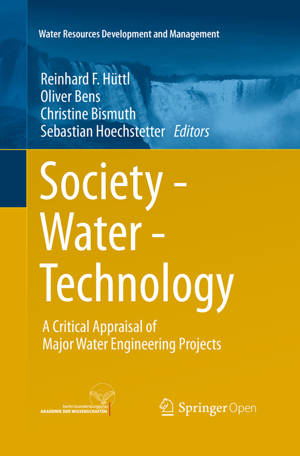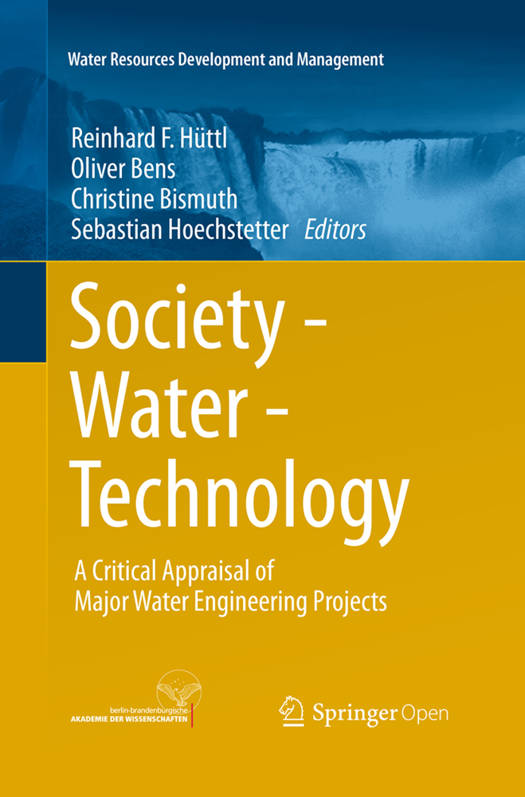
- Retrait gratuit dans votre magasin Club
- 7.000.000 titres dans notre catalogue
- Payer en toute sécurité
- Toujours un magasin près de chez vous
- Retrait gratuit dans votre magasin Club
- 7.000.0000 titres dans notre catalogue
- Payer en toute sécurité
- Toujours un magasin près de chez vous
Society - Water - Technology
A Critical Appraisal of Major Water Engineering Projects
Description
This book presents the results of the Interdisciplinary Research Group "Society - Water - Technology" of the Berlin-Brandenburg Academy of Sciences and Humanities. It describes interdisciplinary evaluation criteria for major water engineering projects (MWEPs) and portrays an application to the Lower Jordan Valley (Middle East) and the Fergana Valley (Central Asia). Both areas are characterised by transboundary conflicts, by challenges due to demographic and climate change and by political and societal pressures. Based on the findings, the book provides recommendations for science and political decisions makers as well as for international financing institutions. In addition, it outlines research gaps from an interdisciplinary perspective.
In the past, MWEPs have been used as an instrument to cope with the demands of growing populations and to enhance development progress. Experiences with MWEPs have shown that a purely technical approach has not always brought about thedesired results. In many cases, MWEPs have even resulted in negative implications for society and environment. Therefore, improved management strategies and enhanced technologies for a sustainable water resource management system are a prerequisite to meet present and future challenges. And, moreover, the continuous evaluation and optimisation of these measures is, likewise, a must.
Spécifications
Parties prenantes
- Editeur:
Contenu
- Nombre de pages :
- 295
- Langue:
- Anglais
- Collection :
Caractéristiques
- EAN:
- 9783319372679
- Date de parution :
- 23-08-16
- Format:
- Livre broché
- Format numérique:
- Trade paperback (VS)
- Dimensions :
- 156 mm x 234 mm
- Poids :
- 444 g

Les avis
Nous publions uniquement les avis qui respectent les conditions requises. Consultez nos conditions pour les avis.





